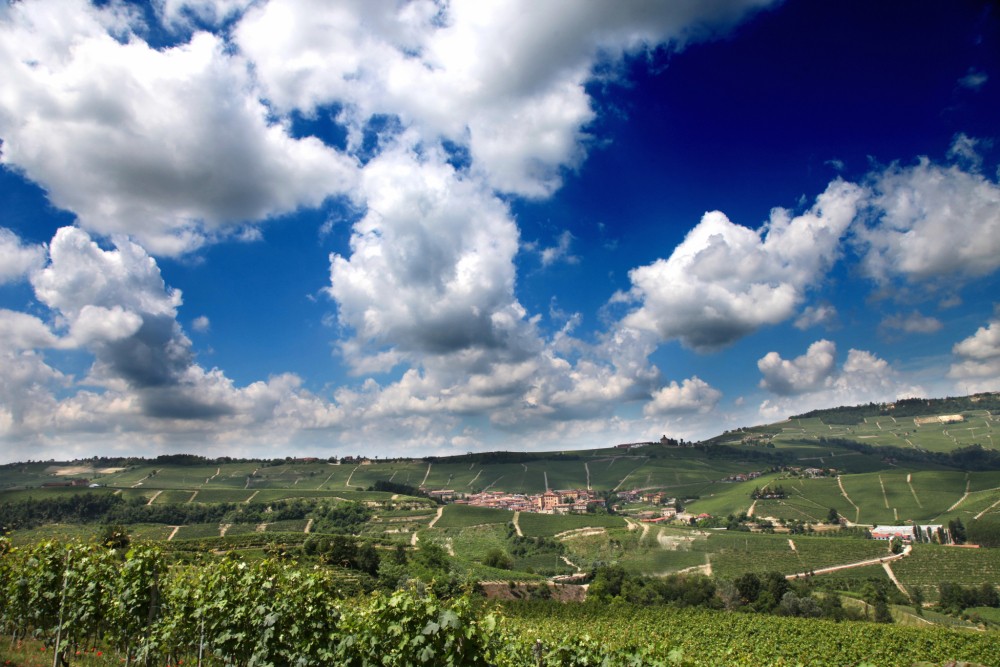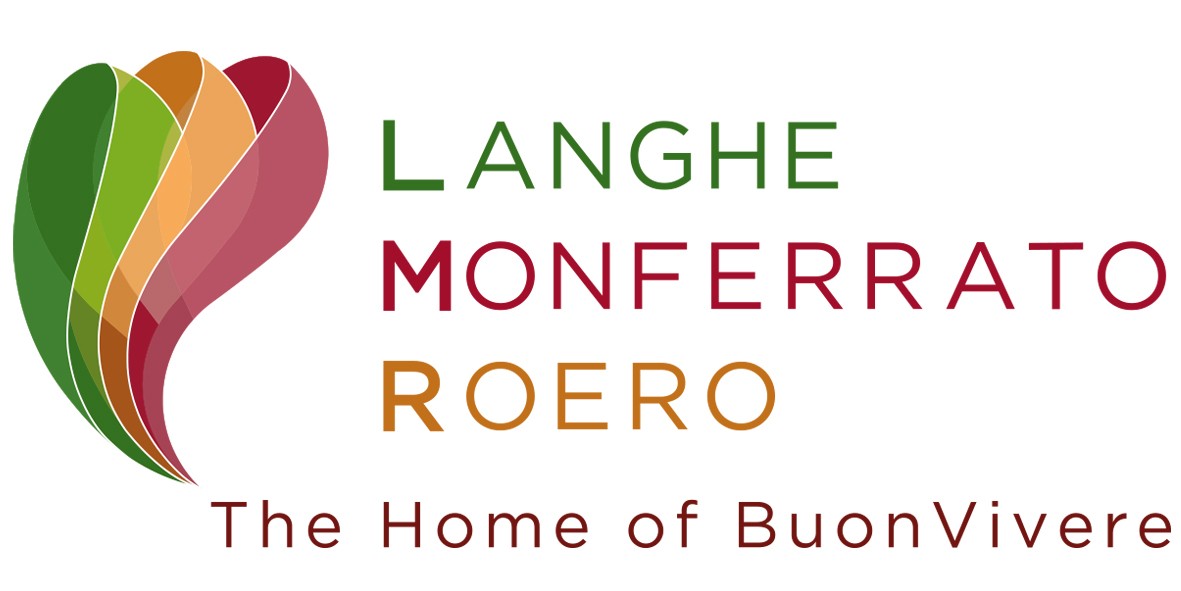Enhanced mobility for sustainable rural tourism_By Ente Turismo Langhe Monferrato Roero
- 28/02/2023
Topic
The challenge is proposed by the Langhe Monferrato Roero Tourist Board. Langhe Monferrato Roero is a UNESCO Landscape Heritage area characterised by a peculiar vineyard landscapes. It is located between the provinces of Alessandria, Asti and Cuneo, and comprises 100 municipalities with an average population of a few hundred inhabitants. After the inclusion in the UNESCO List, the area has experienced a significant growth of tourists driven by the intention to experience Piedmont’s hilly vineyard landscape and its eno-gastronomic assets.
The growing impact of tourism contributed to the emergence of incremental awareness of the need for a higher sustainability, understood as the development of wine-related tourism activities that are compatible with the sustainable development of the territory. In this light, it is of strategic importance to identify alternative and sustainable mobility systems, capable of satisfying the need to experience the territory and its assets, while ensuring their preservation, sustainable development and fruition.
Challenge
In recent years, the Langhe Monferrato Roero area has seen a sharp increase in the number of tourists, in most cases from abroad and with little capacity for independent mobility in the area. Hence the need to understand how to address innovation in tourist mobility, going beyond the private-car model. The limited availability of tourist-friendly transport in an area where inhabitants and tourists travel by their own means due to the scarcity of an adequate public transport system constitutes a serious challenge. The impact of private motorised means of transport on an area that is unique in the world and needs to be preserved and developed sustainably is indeed a challenge, that needs to be weighted vis-à-vis tourists’ mobility needs and the quality of their experience.
Acknowledging the above, the proposed challenge concerns the design of sustainable transport models in rural areas with diffuse anthropisation. The teams will investigate, devise and design sustainable transport models and solutions suited to the needs of tourists and the territory.
Course syllabus:
Challenge@PoliTo are worth 8 curricular or extracurricular credits.
Check your degree programme to verify it.
Overcoming the Challenge allows the release of the Open Badge.
Places are limited. For any questions, write to clik@polito.it
I nostri partner






